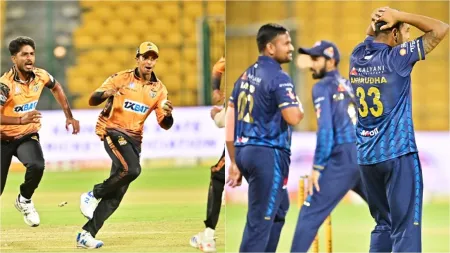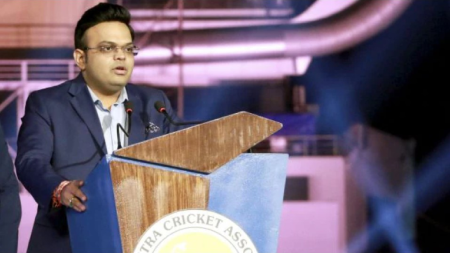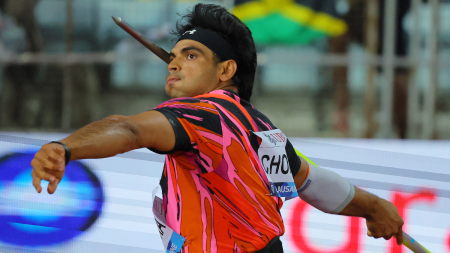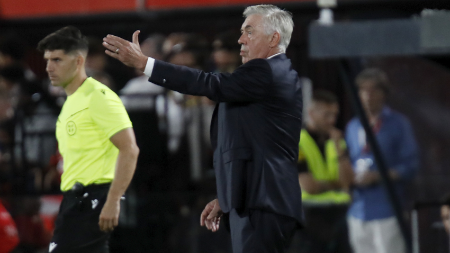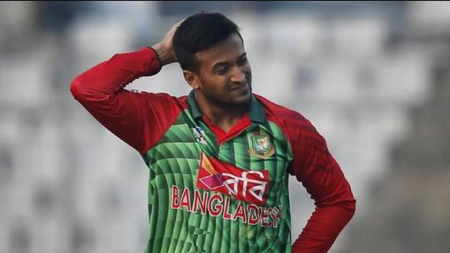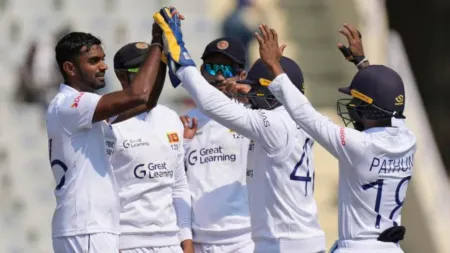Why did Olympian Archana Kamath choose academics over TT? Because she could
Late last year The Indian Express sports team undertook the back-breaking exercise of compiling back stories of all 256 medallists from the 2023 Asian Games at Hangzhou. The pain-stakingly collected data was about the geography they belonged to, family background, initiation into the sport and the most eye-catching aspect of the survey – the education qualification of the elite athletes.
The numbers said that 40 percent of the Asian Games podium climbers were school drop-outs and close to half of the 100-odd graduates hadn’t actually gone to college. Many were honest to confess that they managed degrees without attending classes. The conclusion was stark: In India, academics pursuits didn’t excite the chasers of athletic dreams.

This explains the Indian sporting fraternity’s shock and surprise over the 25-year-old TT player Archana Kamath’s decision to quit the sport and move on to pursue her second economics Masters degree post the Paris Olympics. The country’s sporting circles are taking time to process this bit of news. Archana’s call has no precedent. In India, few think of quitting sport at 25 and none for the sake of academics.
Archana was an outlier on a circuit where not many junior athletes carry books with them to tournaments or are worried about the blank pages of their class work book. The system is often the facilitator. Most academies or akhada are mostly registered at some dodgy village school that isn’t too finicky about attendance or colleges with doorstep degree delivery facilities.
Scrolling reels, not reading, is their favourite way to unwind among athletes. Some time back, The Indian Express Books section was compiling a year-end list to understand what the country’s ‘famous’ were reading. The sports department’s contribution to that story was limited. Though, there was one response – from a hockey player – that stood out because of its uniqueness. He was reading the Indian Penal Code as he had just got a police job.
Archana was different. Daughter of a Bangalore-based ophthalmologist couple, she was as serious about her education as she was about TT. A topper all through her school, she post-graduated with International Relations. In the past, her mother has spoken about Archana’s focus and her ability to discard the distractions hovering around her set goals. It was this trait that had seen Archana prefer really short hair. They were easier to manage – was her logic. “She doesn’t need hairpins or hairbands. She’s even worn the same earrings for the past 12-13 years. That’s how focused she is about her sport,” mother Anuradha had told The Indian Express in 2021.
Despite her focus and sacrifices – the Bangalore girl endured the cultural shock of shifting to a Noida academy to improve her game – Archana had to face those last-minute hurdles which Indian sports has a knack of throwing in front of its athletes. After being named in the 2022 Commonwealth Games squad, she was replaced following a lawsuit by another paddler. Even before the Paris Games there were murmurs that she didn’t deserve a place in the side. She went on to be the lone Indian winner in the team event quarter-final against Germany in the Olympics. But that too went largely unnoticed as it was Vinesh Phogat’s magical night of three wins.
Archana, well outside the Top 100 in women’s singles, had earlier asked her coach if she could ever win an Olympic medal. The answer wasn’t too heartening. Maybe, that’s when Archana, with a robust Plan B up her sleeve, decided to switch. Archana’s focus had shifted. Her eyes were on studying public policy at Michigan University and later do a Swades by returning to India and making a difference.
Generally, those with options in life, like Archana, take these career-changing decisions after their brush with the best in business. At Paris, Archana would have watched the Chinese sweep all the golds and again wondered if she had it in herself to be like them. The coach did say that the path to the podium was difficult for someone outside the Top 100 but she could try. “She had already made up her mind,” the coach would later say.
Something similar happened to a young English cricketer after he saw the steely determination in Virat Kohli’s eyes during the 2016 Test series in India. He was Zafar Ansari – a double Cambridge graduate credited with a 40,000 words dissertation on African-American armed self-defence and its relationship with the Black Power movement in the 1960s. In a dressing room full of English lads, he was a nerd who once said his fantasy slip cordon would have – Malcolm X, Rosa Luxemburg, Chimamanda Adichie and Angela Davis.
About the odd-Englishman-out, it is said that on the eve of the Test in the November of 2016 in Rajkot, he was more worried about the Trump vs Hilary electoral battle than the star-studded Indian batting line-up waiting for him on the pitch. Within months of his return from India, Zafar would call time on his international career.
He thought he didn’t have the drive that the game’s greats had. After his early retirement, Zafar would share his thoughts about the 2017 India tour by writing a piece for Wisden. “The sight at close quarters of Virat Kohli living every ball as if it were his last highlighted an absence that had been building within me.” Same was true when he saw some of his team mates. “I would watch Ben Stokes, Joe Root and Alastair Cook with admiration and alienation as they conjured up a hypercompetitive spirit, whether on the cricket field or at the hotel ping-pong table.”
The likes of Zafar and Archana are over-achieving all-rounders. They are a rare species – the bookworms who turn into jumpy grasshoppers when outdoors. Since their kindergarten they have topped every exam, unlikely to lose even a lemon-spoon race. They don’t do defeats. Losing once in a while is fine but they can’t straddle the also-ran tag for too long. Their sharp minds are quick to analyse how far they can climb. It’s not that the non-academically inclined aren’t clever or can’t predict their career trajectory but there is a difference.
Maybe, it was the safety net of a second career option, that makes Zafar and Archana objective about their own careers. They do not believe in hanging around, they don’t need to live the lie that they can be Kohli or an Olympic champion one day.
Send feedback to sandydwivedi@gmail.com
Disclaimer: The copyright of this article belongs to the original author. Reposting this article is solely for the purpose of information dissemination and does not constitute any investment advice. If there is any infringement, please contact us immediately. We will make corrections or deletions as necessary. Thank you.
